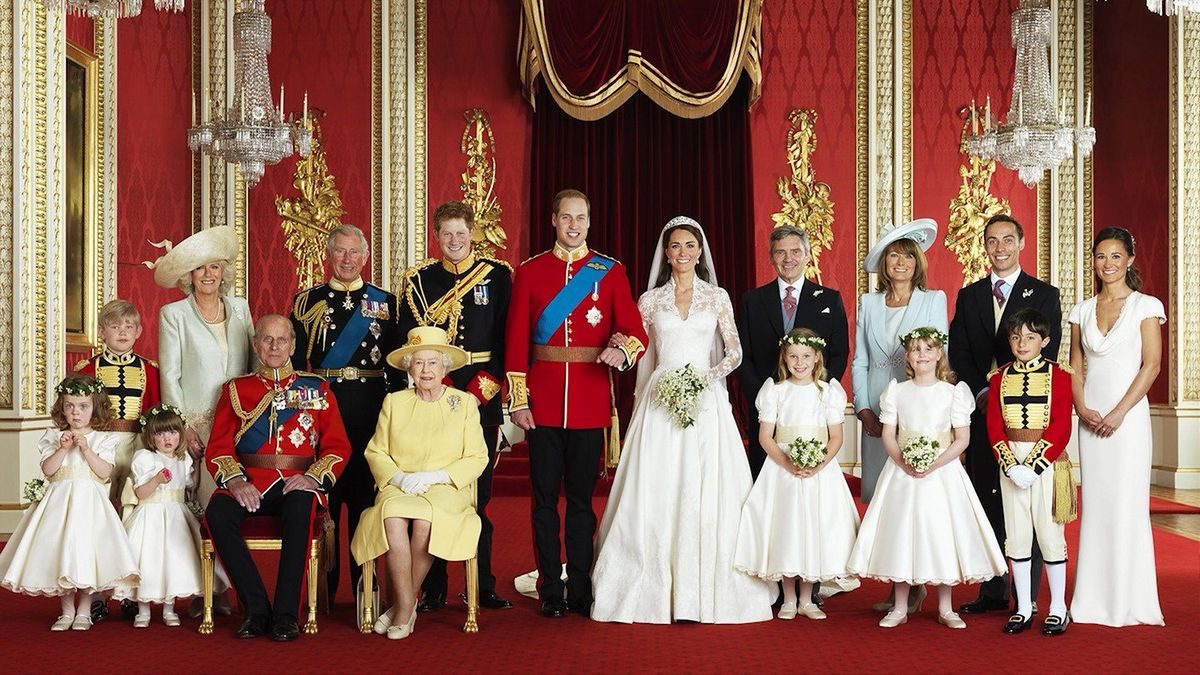The British Royal Family is one of the most famous and influential monarchies in the world. With a history spanning over a thousand years, the monarchy has evolved significantly while maintaining its traditions. This blog delves into the legacy, current members, roles, and significance of the Royal Family in modern Britain and beyond.
A Brief History of the British Monarchy
The English monarchy dates back to Alfred the Great in the 9th century, but the modern Royal Family traces its lineage to the House of Windsor, established in 1917 by King George V. The monarchy has witnessed numerous historical milestones, from the Magna Carta (1215) to the present constitutional system, where the monarch remains a symbolic and ceremonial head of state.
Key Milestones:
- 1066 – William the Conqueror becomes the first Norman king of England.
- 1215 – King John signs the Magna Carta, limiting royal power.
- 1603 – The union of England and Scotland under King James I.
- 1952 – Queen Elizabeth II begins her historic 70-year reign.
- 2022 – King Charles III ascends the throne after Queen Elizabeth II’s passing.
Current Members of the Royal Family
The House of Windsor remains at the heart of British identity. The current key figures include:
1. King Charles III
- Ascended the throne on September 8, 2022.
- Advocates for environmental conservation and sustainable policies.
2. Queen Camilla
- The Queen Consort and wife of King Charles III.
- Supports literacy programs and charitable initiatives.
3. Prince William, Prince of Wales
- Heir to the throne.
- Actively involved in climate action and mental health advocacy.
4. Catherine, Princess of Wales
- Focuses on early childhood development and mental health.
- Known for her elegance and influence on global fashion.
5. Prince Harry, Duke of Sussex
- Stepped back from royal duties in 2020.
- Works on humanitarian efforts and veterans’ welfare.
6. Other Notable Members
- Prince Edward, Duke of Edinburgh (youngest son of Queen Elizabeth II).
- Princess Anne, Princess Royal (a highly active royal in public engagements).
- Prince Andrew, Duke of York (no longer a working royal due to controversies).
Roles and Responsibilities of the Royal Family
Although the British monarchy is constitutional, meaning the King has no legislative power, the Royal Family plays a crucial role in national and international affairs.
1. Head of State Duties
- The monarch represents the UK at state functions and diplomatic events.
- Approves new laws through the Royal Assent (a formality today).
2. Charity and Philanthropy
- The Royal Family supports over 3,000 charities worldwide.
- Organizations like The Prince’s Trust and The Royal Foundation focus on social causes.
3. National Unity and Public Engagement
- The royals frequently tour the Commonwealth nations to strengthen ties.
- Appearances at events like Trooping the Colour and Remembrance Day bolster national pride.
The Royal Family’s Global Influence
Beyond the UK, the British monarchy holds global significance due to its historic connections with former colonies and ongoing diplomatic engagements.
The Commonwealth
- The Royal Family oversees the Commonwealth of Nations, comprising 54 member countries.
- Encourages economic partnerships and cultural exchanges.
Media and Popular Culture
- Royals like Princess Diana, Prince William, and Prince Harry have captivated global audiences.
- Shows like The Crown and royal weddings boost global interest.
Challenges Facing the Modern Monarchy
Despite its prestige, the monarchy faces public scrutiny and challenges:
- Debates over its relevance in modern democracy.
- Financial transparency issues related to taxpayer funding.
- Family controversies, including Prince Andrew’s scandals and Harry and Meghan’s royal exit.
The Future of the British Monarchy
With King Charles III at the helm and Prince William next in line, the monarchy is expected to modernize while maintaining traditions. Key areas of focus include:
- Streamlining royal expenses to address public concerns.
- Strengthening ties with younger generations through social media engagement.
- Upholding traditions while adapting to contemporary values.
Conclusion
The British Royal Family remains an icon of heritage, stability, and soft power. As the monarchy continues to evolve, its role in British and global society will likely adapt to new political, cultural, and social landscapes.

